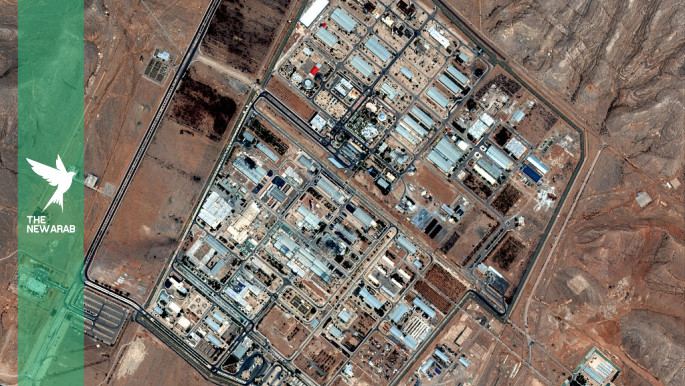Israel attacked Iran’s Isfahan nuclear site in the early hours of Saturday, the Fars news agency reported, saying there were no hazardous leaks or risk to the population.
Quoting a security official, it said Israel carried out multiple attacks including on the Isfahan site, saying “most of the explosive sounds heard in these attacks were related to air defence activity”. There was no “leakage of hazardous materials,” the official was quoted as saying.
Israel and Iran’s war has now entered a second week, with strikes between the arch-foes exchanged on a daily basis and talks attempting to de-escalate the conflict failing to yield any results so far.
Iranian foreign minister Abbas Araghchi arrived in Istanbul on Saturday, according to Iran’s Tasnim news agency, for a meeting of the Organisation of Islamic Cooperation (OIC) as the conflict with Israel rages.
“At this meeting, at the suggestion of Iran, the issue of the Zionist regime’s attack on our country will be specifically addressed,” he said.
Araghchi’s arrival in Turkey comes after he met with his counterparts from Britain, France and Germany in Geneva on Friday.
Israel’s defence minister said on Saturday it killed a veteran commander in Iran’s paramilitary Revolutionary Guard.
Israel Katz said Saeed Izadi was commander of the Palestine Corps for the Iranian Quds Force, an elite arm of the Guard that conducts military and intelligence operations outside Iran, and that he was killed in an apartment in the city of Qom.
An additional five members of the Iranian Revolutionary Guards have been killed in Israeli strikes in the city of Khorramabad also on Saturday, Iranian media said.
At least 657 people, including 263 civilians, have been killed in Iran and more than 2,000 wounded, since Israel began its surprise attack on Iran on 13 June. At least 24 people in Israel have been killed by Iran’s retaliatory strikes.
